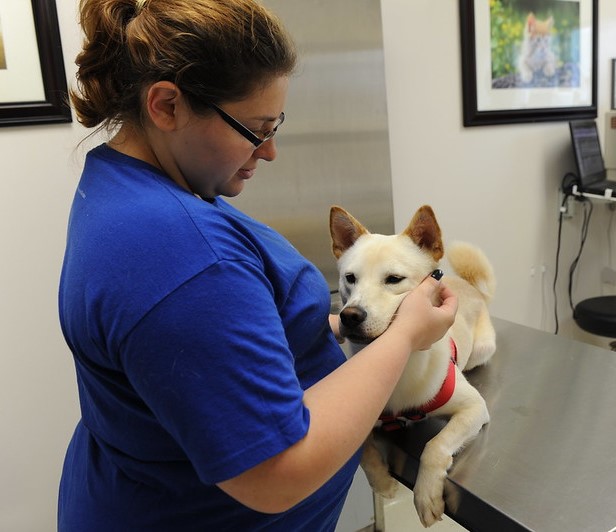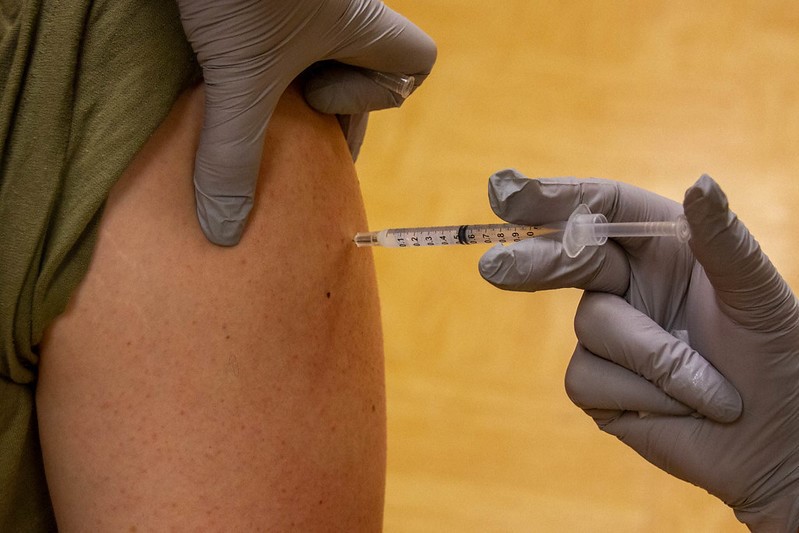
A study of small veterinary practices in Portugal found multidrug-resistant (MDR) bacteria in nearly 20% of environmental samples, researchers reported at the European Congress of Clinical Microbiology and Infectious Diseases (ECCMID).
For the study, University of Lisbon researchers collected 182 samples from critical surfaces—such as surgical tables, examination tables, and weighing scales—at eight small veterinary practices in and around Lisbon. The researchers were specifically looking for the presence of methicillin-resistant Staphylococcus aureus (MRSA), MDR Acinetobacter, and extended-spectrum beta-lactamase and carbapenemase-producing Enterobacterales.
At least one resistant isolate was found in 34 (18.9%) of 182 samples; 41.2% of the resistant isolates were positive for MDR Acinetobacter, 38% for methicillin-resistant coagulase-negative Staphylococci, and 11.8% for methicillin-resistant Staphylococcus pseudointermedius. At one of the practices, 18.2% of samples were positive for OXA-23–producing Acinetobacter, which is resistant to carbapenems—a class of antibiotics not permitted for use in veterinary medicine by the European Medicines Agency.
The findings should not dissuade people from taking their pets to the veterinarian's office.
While none of the surfaces were positive for MRSA, 23% of veterinarians and staff at the practices who provided samples were found to carry MRSA.
"Our findings highlight the need to implement and monitor infection, prevention and control (IPC) guidelines in small animal veterinary practices," lead study author Joana Moreira da Silva, PhD, said in an ECCMID press release. She added, however, that the findings should not dissuade people from taking their pets to the veterinarian's office.
 The investigational metabolic modulator AXA1125 was associated with significantly less physical and cognitive fatigue compared with a placebo in long-COVID patients, according to a small randomized, controlled phase 2 pilot
The investigational metabolic modulator AXA1125 was associated with significantly less physical and cognitive fatigue compared with a placebo in long-COVID patients, according to a small randomized, controlled phase 2 pilot 
 An
An 













